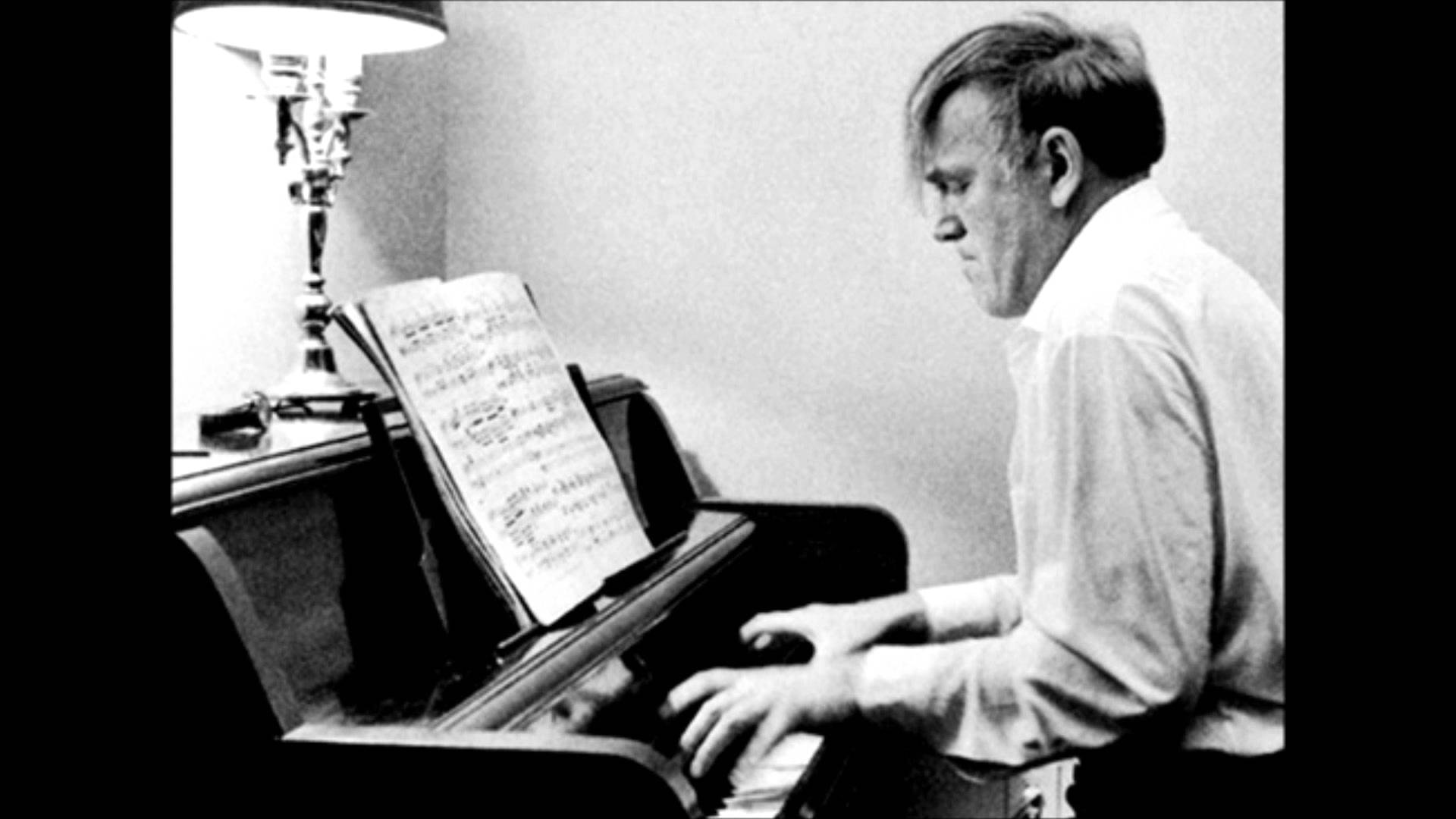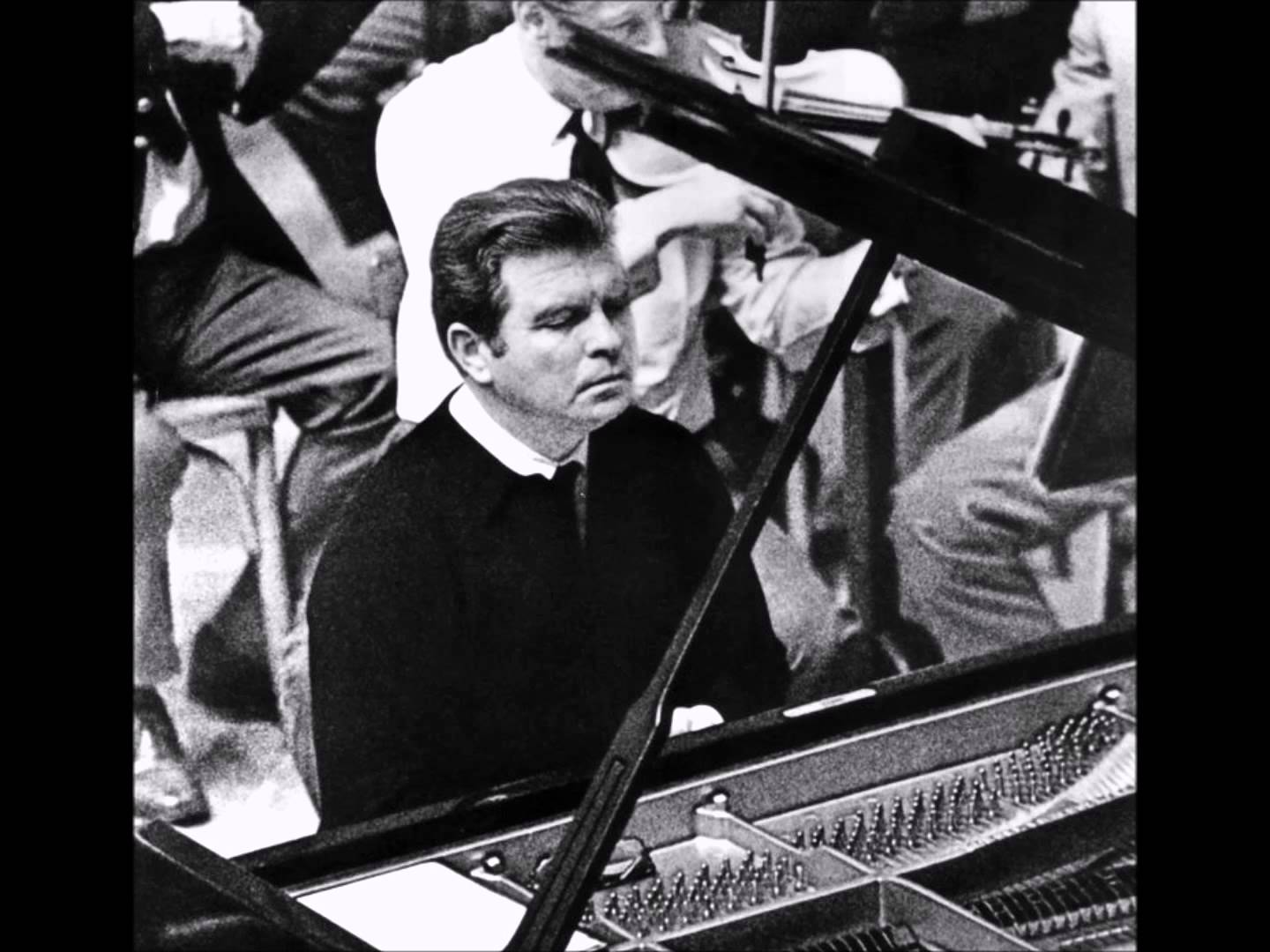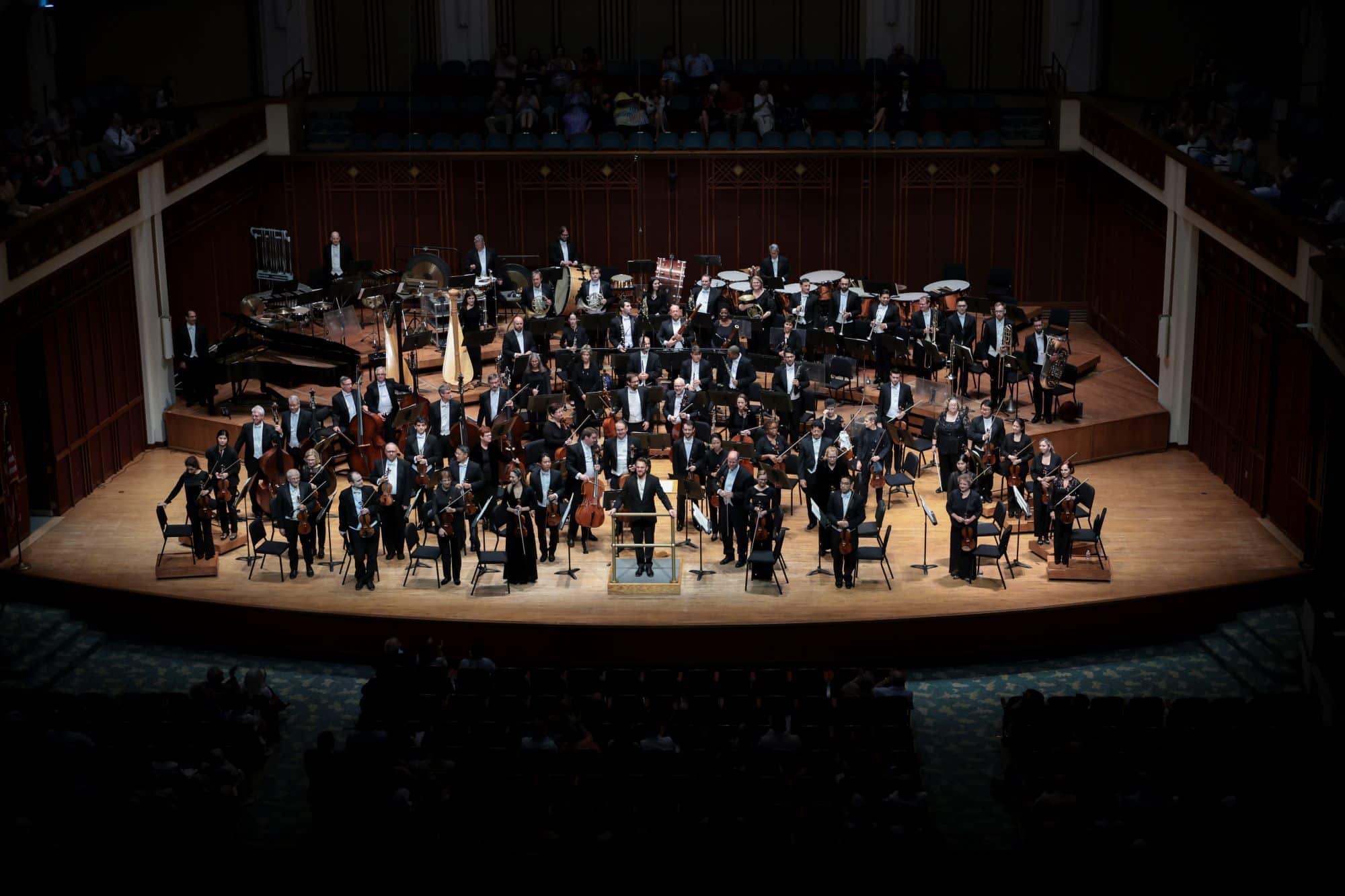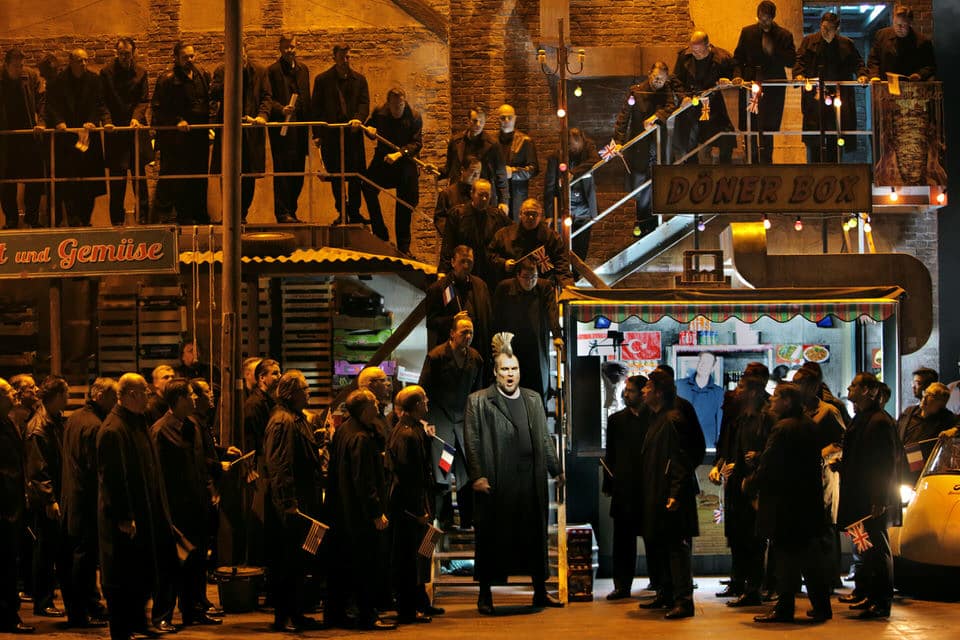In Beethoven, is it Gilels or Richter?
mainWelcome to the 91st work in the Slipped Disc/Idagio Beethoven Edition
Piano sonata no 27, opus 90 (1814)
Beethoven’s assistant Anton Schindler claimed that he meant to entitle the two short movements of this sonata ‘a contest between head and heart’ and ‘conversation with the beloved’. Many think Schindler forged an entry in Beethoven’s notebooks to this effect. Whatever the case, the romantic inscriptions never appeared in print and have nothing to do with the pure music of this short sonata, his first for five years and a final stepping-stone before he reaches the summits of the genre with the Hammerklavier and the opp 109-111.
In terms of food for thought and playing philosophy, the sonata has little to offer – until it comes into the hands of two pianists in the former Soviet Union and affords a study in contrasts that is exceptional, immersive and extraordinarily revealing of two giants and their times.
Sviatoslav Richter (1915-1997) grew up in the Black Sea port of Odessa and hung out in his teens at the opera house, accompanying singers and dancers. He never finished school but his memory was so adhesive that he knew the complete stage works of Rimsky Korsakov and was able to advise Valery Gergiev when he restored them at the Mariinsky in the 1990s. He moved to Moscow in 1937 after his parents split up – his father was later shot as a German spy, a betrayal he blamed on his mother – and received formal lessons from the Scriabin disciple Heinrich Neuhaus, who also studied with Rachmaninov’s teacher Nikolai Zverev and was the repository of the Russian tradition of piano playing, whether Mozart and Beethoven or Glinka and Tchaikovsky.
Richter was launched as a comet on the concert circuit at exactly the time Emil Gilels returned from Brussels with the Queen Elisabeth prize, a massive Soviet propaganda coup. Gilels (1916-1985) grew up in an Odessa Jewish family, graduated smoothly through the system and entered the Neuhaus class in Moscow in 1932. His violinist sister Elizabeth, was another Brussels prize-winner. He was by nature quiet, undemonstrative, non-combustible. Gilels formed a trio with his sister and her husband, the violinist Leonid Kogan. Richter lived with (they never married) the soprano Nina Dorliak; he was generally assumed to be gay.
Richter and Gilels were natural rivals and were crudely played off against one another by the Soviet authorities. After Richter gave the world premiere of Sergei Prokofiev’s 7th sonata, Gilels was awarded the 8th. Gilels was among the first artists to be allowed out into the free world after Stalin died. Richter was held back punitively for several years by the mistrustful authorities. At the first Tchaikovsky competition in Moscow, Gilels served as piano chairman and went in trepidation to the party chief Nikita Khrushchev asking if it was permissible to declare an American, Van Cliburn, as the winner. Richter, also on the jury, gave zero to most other candidates and top marks to Cliburn.
When Richter was finally given a passport, he would give his KGB minders the slip and go missing. The British impresario Victor Hochhauser spent hours searching gay bars in Paris, only to hear the unmistakable Richter touch through an open window of an apartment block at two in the morning: Richter was playing four-hand with the American Julius Katchen, whom he had just met. When the Soviet culture minister Furtseva ordered him to condemn the cellist Rostropovich for sheltering the outcast novelist Solzhenitsyn in his tiny dacha, Richter replied: ‘You’re absolutely right. It’s too small. Solzhenitsyn should come and stay with me, I have a bigger place.’

Gilels lived in terror of of the KGB (his brother-in-law Kogan was an alleged informer). ‘They are killing me,’ he told the Israeli conductor Uri Segal. ‘Look, my hands are shaking. How do they want me to play a concert now?’ Yet he was capable of great personal courage, continuing to visit the ousted Khrushchev who was living in social isolation after the Brezhnev regime declared him a non-person.
The stubbornness that both men displayed was a product of their individual integrity. Both had a highly personal approach to the music they played, an ever-evolving interpretation that came from deep within and somehow projected a reflection of that immediate moment: it could never sound the same again. Richter recorded haphazardly, when it pleased him, cancelling more often than not. Gilels allowed the Soviet bureaucracy to lock him into long-running record contracts, but each of his recordings was unusual and his failure (by three missing sonatas) to complete a Beethoven cycle for Deutsche Grammophon can perhaps be seen as a silent protest against the system that so oppressed him.

Both artists regarded Beethoven as the fulcrum of their repertoire. Richter would pair Beethoven sometimes with the serialist Webern; Gilels was more likely to balance a Beethoven sonata against one of Prokofiev’s. Both used the short 27th sonata as a recital opener. Both recorded it twice.
Richter, in January 1951, overcomes grotty Moscow studio sound and a rattly piano with a breadth of expression that sounds like freedom itself. Gilels, in an April 1957 London concert, is brutal and abrasive in the opening statements, his initial resentment developing into a wonderfully consolatory, wholly unexpected conclusion.
In his DG recording 17 years later, he focusses on producing exquisite sound in ideal working conditions. Less confrontational than before, this amounts to a reference performance, one for future generations to be measured against. Richter, recording on Decca at an unknown date, is at his most introspective. ‘I play for myself and the composer,’ he once said, and that’s exactly what you hear in this thoughtful, athletic, elusive recital.
That two artists, so different in every aspect of their being, should have flourished in such diversity under an all-controlling authoritarian regime is a testament to human resilience and to the infinite capacity of great artists to find a way of slipping through cracks in a brick wall. I cannot choose between Gilels and Richter in Beethoven. I need both to retain hope and faith in a better future.





Comments